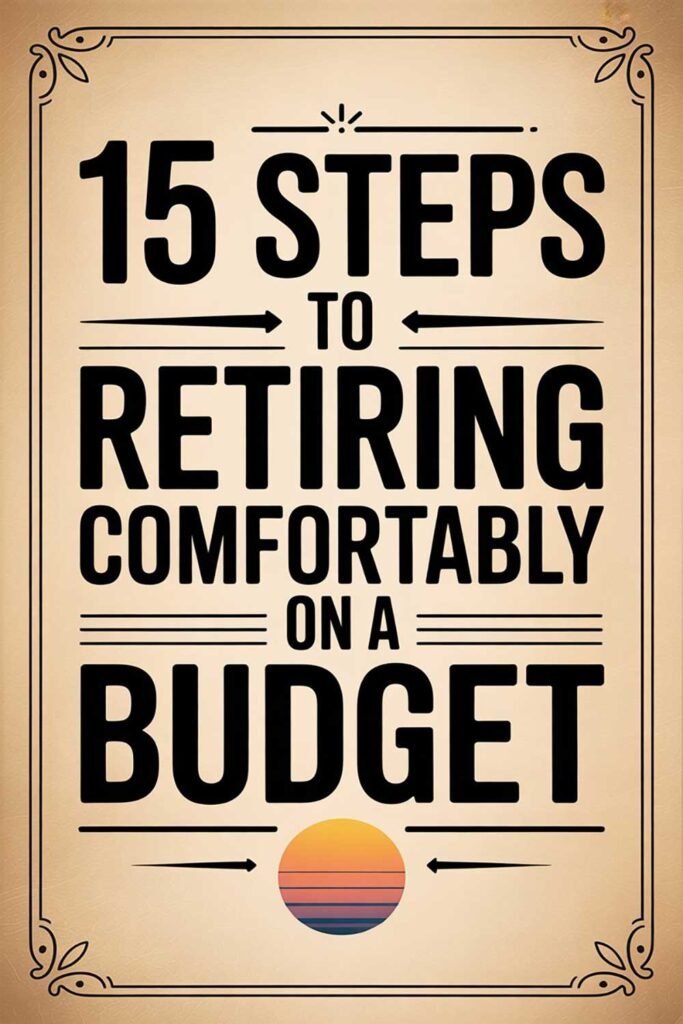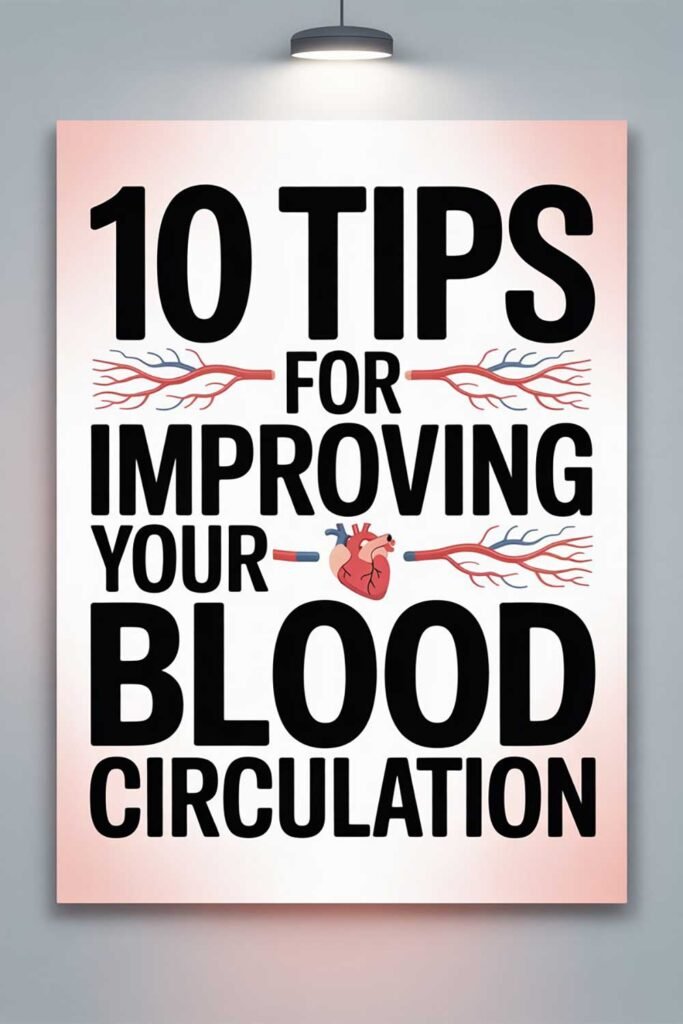
Conflict Resolution: Strategies for Finding Common Ground
Conflict is an inevitable part of life, whether it arises in personal relationships, professional settings, or daily interactions. While it can be uncomfortable, conflict also presents an opportunity for growth, understanding, and stronger connections when addressed effectively.
In this article, we’ll explore why conflict occurs, the importance of resolving it constructively, and practical strategies to navigate disagreements with empathy and confidence.

Why Conflict Resolution Matters
1. Strengthens Relationships
Addressing conflicts openly and respectfully builds trust and deepens connections.
2. Reduces Stress
Resolving disagreements prevents tension from lingering and escalating.
3. Enhances Communication Skills
Navigating conflicts helps you develop clearer and more effective ways of expressing yourself.
4. Promotes Collaboration
Finding common ground fosters teamwork and mutual respect.
Common Causes of Conflict
Understanding why conflicts arise can help you address them more effectively. Common causes include:
- Miscommunication: Misunderstandings or unclear messages.
- Differing Values or Goals: Conflicting priorities or perspectives.
- Unmet Expectations: Discrepancies between what is expected and delivered.
- Emotional Triggers: Reactions tied to past experiences or personal sensitivities.
Steps to Resolve Conflict Effectively
1. Stay Calm and Composed
Emotions can run high during conflicts, but staying calm allows for rational discussion. Try:
- Taking a few deep breaths before responding.
- Pausing to collect your thoughts if you feel overwhelmed.
2. Focus on the Issue, Not the Person
Avoid personal attacks and keep the discussion centered on the problem at hand.
- Example: Replace “You’re always late” with “I feel frustrated when meetings start late.”
3. Practice Active Listening
Ensure the other person feels heard by:
- Maintaining eye contact and nodding.
- Repeating back their points to confirm understanding.
4. Use “I” Statements
Express your feelings and needs without blaming others.
- Example: “I feel stressed when deadlines aren’t met because it impacts my schedule.”
5. Find Common Ground
Identify areas of agreement to build a foundation for resolution.
- Example: “We both want this project to succeed. How can we work together to make that happen?”
6. Explore Solutions Collaboratively
Invite the other person to brainstorm potential solutions and evaluate them together.
- Tip: Focus on win-win outcomes that meet the needs of both parties.
7. Set Clear Expectations
Establish specific, actionable steps to prevent future conflicts.
- Example: Agreeing on communication methods or timelines for tasks.
8. Know When to Seek Help
If a conflict feels unmanageable, involve a neutral third party, such as a mediator or supervisor, to facilitate the discussion.
Tips for Maintaining Positive Relationships After Conflict
- Acknowledge Resolution: Thank the other person for working toward a solution.
- Reflect on Lessons Learned: Use the experience to improve future communication and conflict management.
- Let Go of Resentment: Focus on moving forward rather than dwelling on past disagreements.
The Long-Term Benefits of Effective Conflict Resolution
- Stronger Relationships: Improved trust and mutual understanding.
- Increased Productivity: Fewer distractions from unresolved tensions.
- Enhanced Emotional Health: Reduced stress and greater emotional resilience.
- Better Problem-Solving: A collaborative approach leads to creative and effective solutions.
Picture This
Imagine facing a disagreement with confidence and composure. Instead of escalating the conflict, you listen actively, express your needs clearly, and work together to find a solution. The conversation ends with mutual understanding and a stronger sense of connection. Over time, this approach transforms how you handle conflicts, bringing more harmony and collaboration into your relationships.






